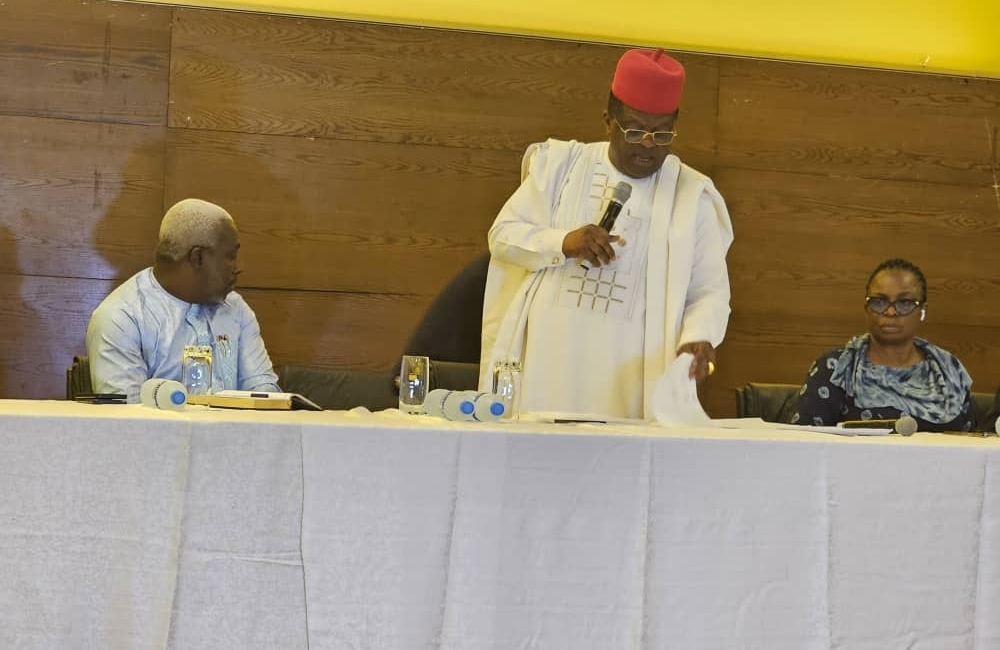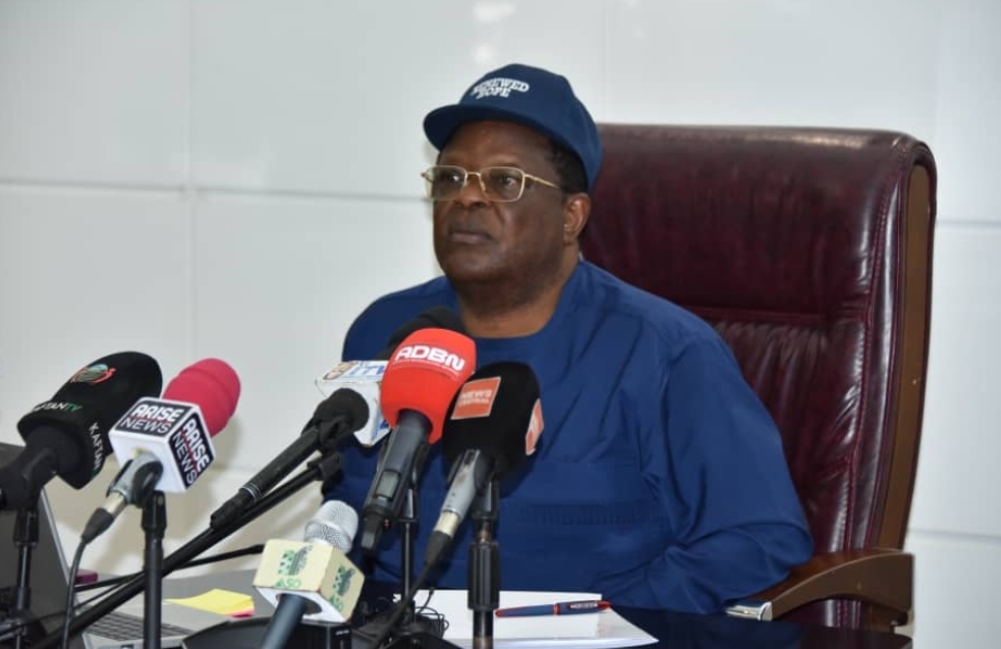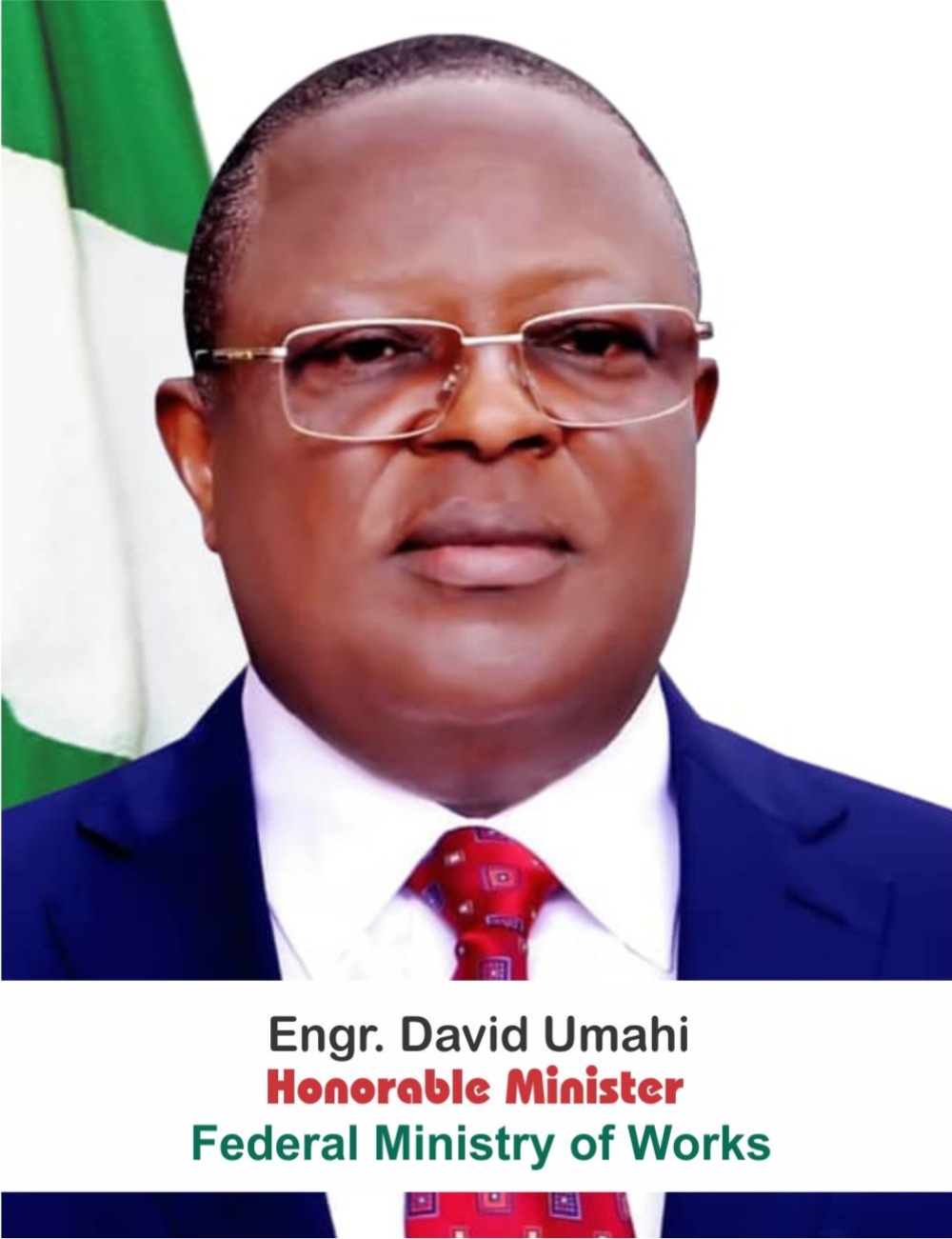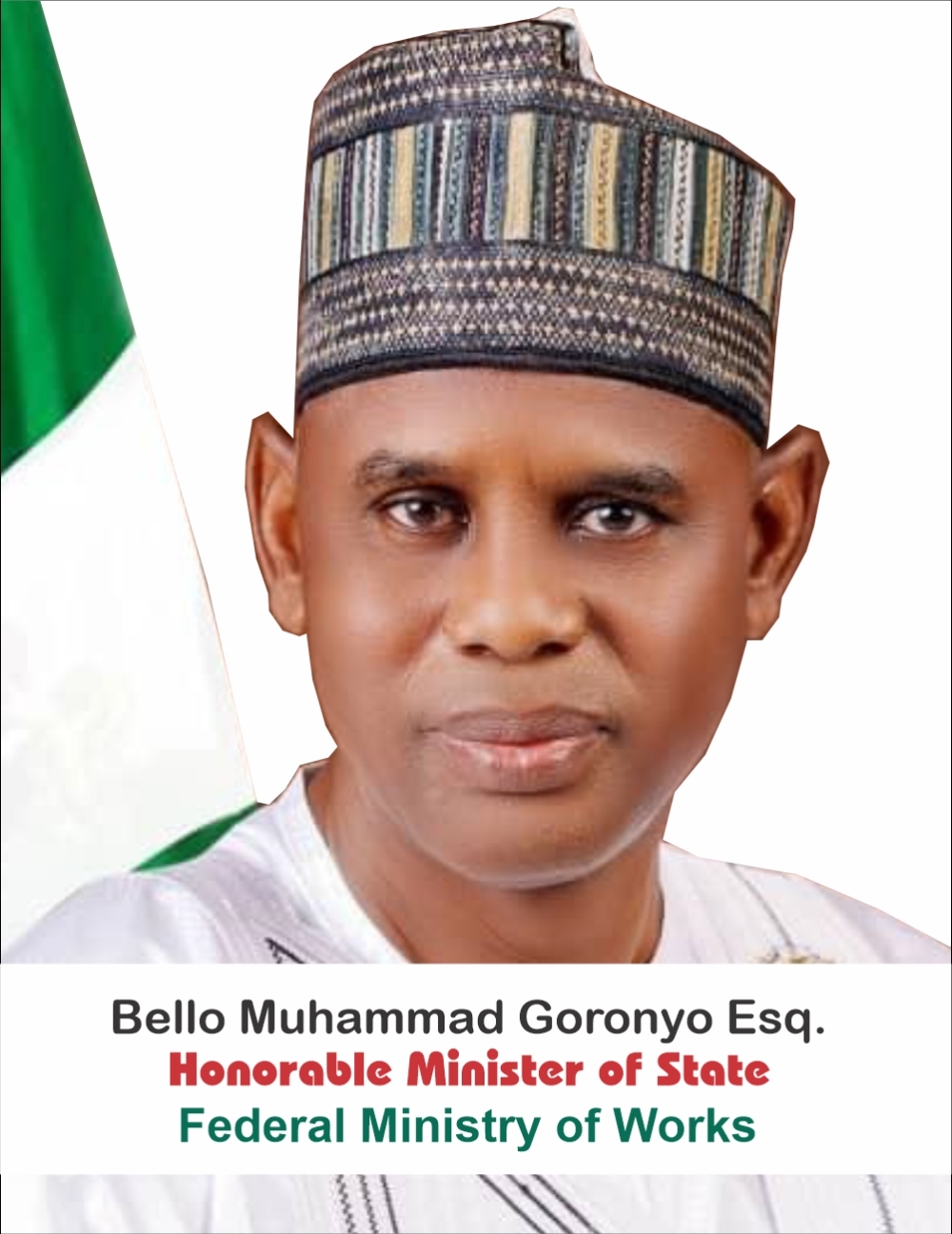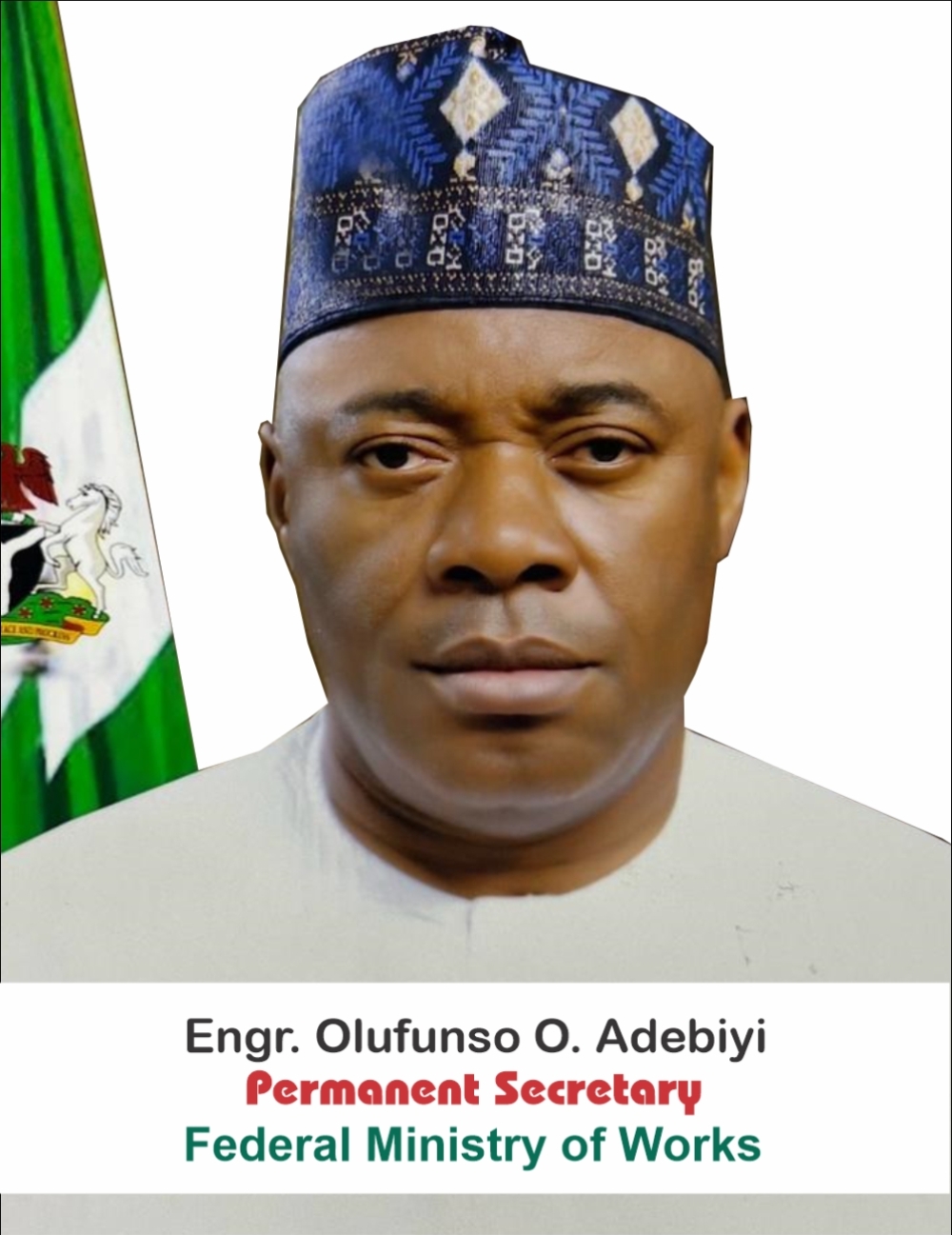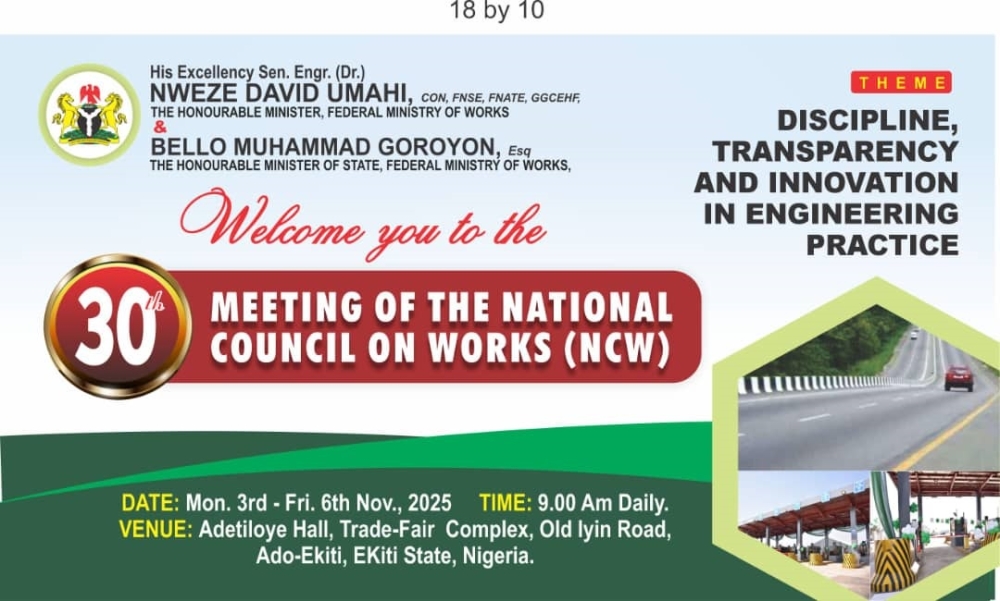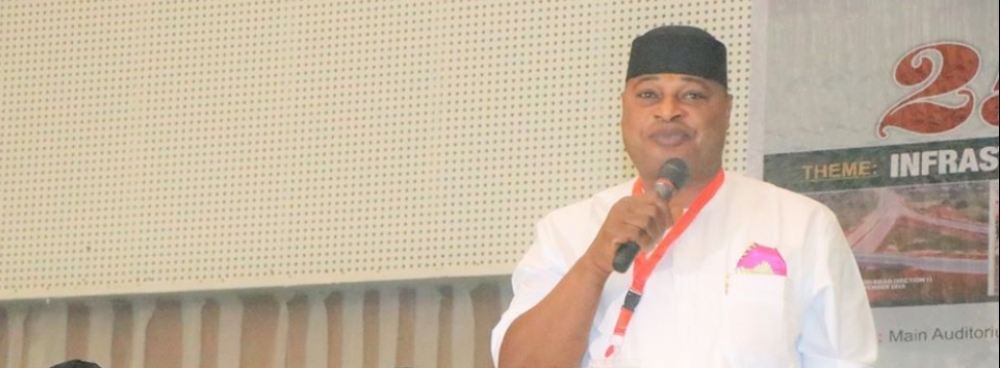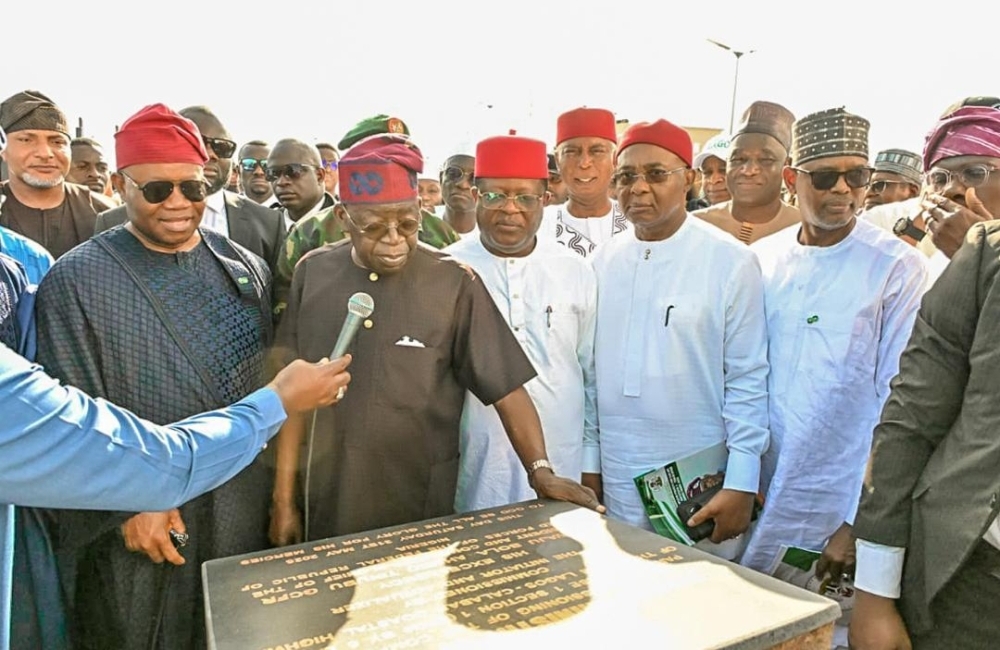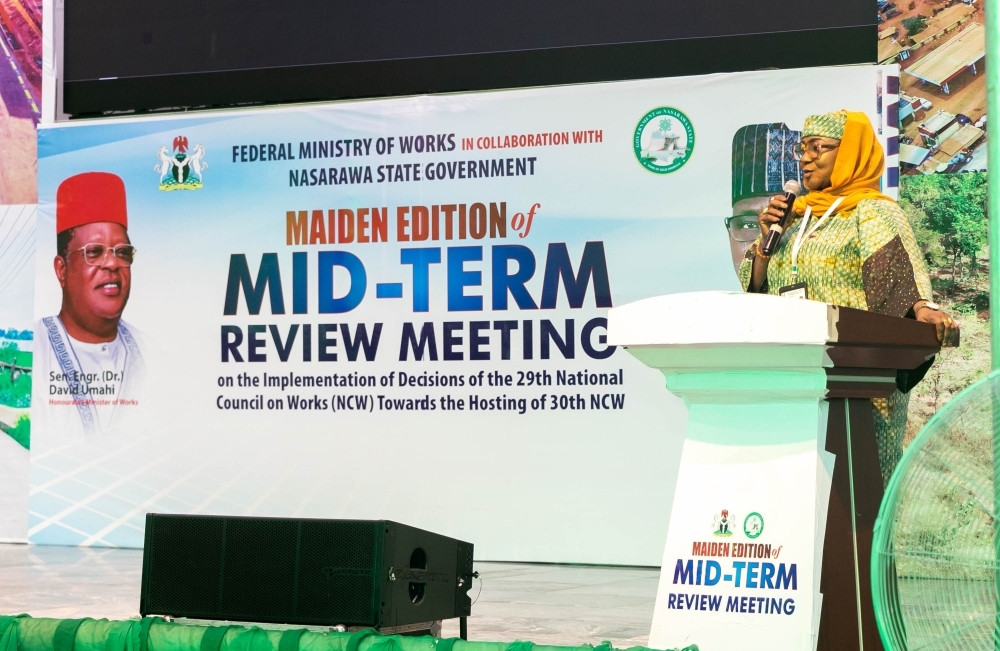
HR Director Abdullahi Aliyu Bows Out After 35 Years of Meritorious Service
The Ministry on Thursday, 11 December, 2025 held a special retirement ceremony in honour of its Director of Human Resources Management, Alhaji Abdullahi Aliyu, who officially retired from the civil service after a distinguished career spanning over three decades.
In his heartfelt valedictory remarks, Alhaji Aliyu expressed profound gratitude to Almighty Allah for the gift of life, guidance, and the opportunity to serve Nigeria with dedication. Reflecting on his journey, he recalled joining the civil service in 1990 as a Personnel Officer, never imagining that he would one day rise to the rank of Director and be celebrated by colleagues, friends, and family, upon retirement.
He described his service years as a journey filled with “tears, joy, laughter, and many experiences in between,” noting that the Civil Service had given him opportunities he never anticipated, including becoming a homeowner in Abuja through government housing reforms. According to him, “This is one of the blessings of being a Civil Servant and serving my country faithfully.”
Alhaji Aliyu also expressed appreciation for the quality of friendships and professional relationships he built over the years, emphasising that true wealth lies not in money but in the people one can rely on in times of need. He thanked colleagues within the Ministry — particularly those he met upon his posting to the then Federal Ministry of Works and Housing in 2022 — describing them as “some of the best Civil Servants I have ever worked with.”
He, especially, acknowledged his wife, appreciating her unwavering support “through thick and thin,” and thanked all staff for their cooperation and commitment during his tenure.
The retiring Director also used the occasion to reflect on the evolving culture within the Civil Service, urging Officers to uphold discipline, respect, and professionalism — core values, he observed, that were gradually eroding. He encouraged them to work collectively to restore the dignity and ethos for which the Service was once known.
The atmosphere at the event was warm and celebratory as colleagues, friends, and family members showered encomiums on Alhaji Aliyu, praising his humility, integrity, leadership qualities, and remarkable contributions to human resource development in the Ministry. Many wished him success in his future endeavours and good health.
Earlier, the Permanent Secretary, Mr. Rafiu Adeladan, commended the retiring Director for his exemplary service and wished him a fulfilling and prosperous life in retirement.
Mohammed A Ahmed,
Director Information and Public Relations.
14 December, 2025.
Close











